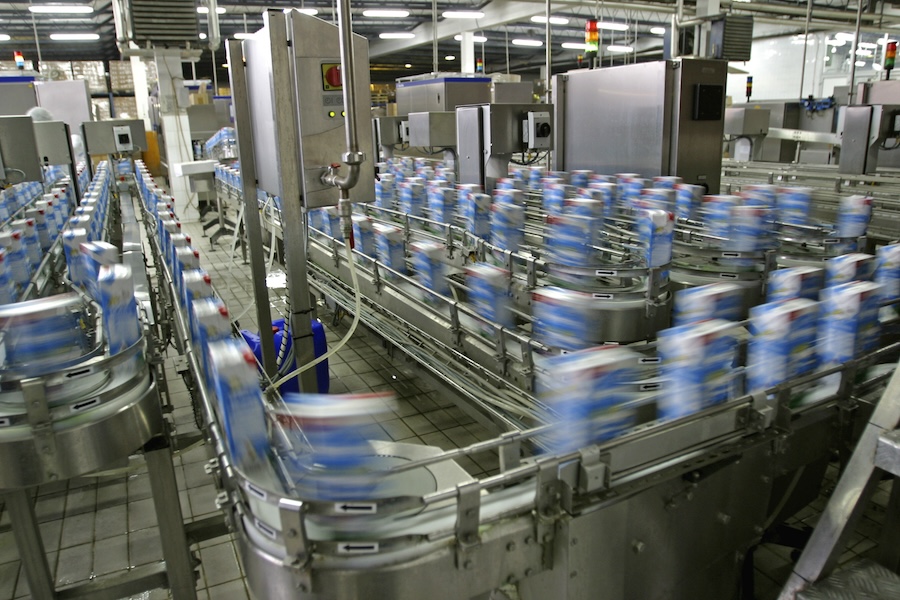A significant milestone for New Zealand’s dairy industry has been reached with the passing of legislation aimed at unlocking greater access to key international markets and boosting returns for local producers.
The Dairy Industry Restructuring (Export Licences Allocation) Amendment Bill passed its third reading in Parliament recently, modernising the way New Zealand’s dairy export quotas are allocated.
Agriculture Minister Todd McClay says the law represents “a major step forward” in the Government’s strategy to increase the value of the country’s exports.
“New Zealand’s dairy farmers and processors produce world-class products, but outdated rules have restricted export growth,” McClay says.
“This law unlocks greater access to lucrative overseas markets and ensures the quota system reflects the diversity of our dairy industry.”
The Government currently manages dairy export quotas for key trading partners including the European Union, United States, Japan, United Kingdom, and the Dominican Republic. Under the new legislation, quota allocations will shift from being based on the amount of milk solids collected by a processor to a model focused on export performance.
“The Bill introduces vital changes to better support businesses of all sizes,” McClay says.
“It also reserves portions of quotas for exporters who are currently ineligible – ensuring fairer access across the industry.”
In a first for the sector, the revised system will also extend quota eligibility to sheep, goat, and deer milk processors. McClay highlights this move as a way of “unlocking new export opportunities and revenue streams” for niche dairy producers.
The changes are in line with the Government’s broader export strategy, which includes an ambitious target of doubling the value of New Zealand’s exports within the next decade.
The new quota system will come into effect from May 1, 2025.




